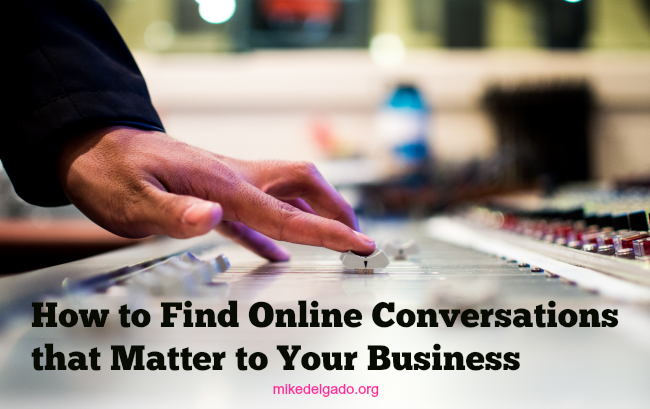
Social media monitoring can be expensive (and time-consuming) so it’s important to be strategic with what keywords you choose to listen to.
Here are some various ways to approach keyword monitoring for your business:
Aurogra generic Monitor your brand names (typos, misspellings, hashtags)
If you’re a well-known company (and mentioned often online), you should track the common misspellings and typos of your name.
Other branded keywords important to your business may also include:
- Branded product names
- URLs
- Company abbreviations
- Stock symbol
- Trademarks
- Unique campaign names
- Spokespeople representing your brand
To learn about variations on these keywords (as well as common typos or misspellings), talk with your search engine marketing (SEM). Ask them if they have recommendations on what branded keywords should get tracked online.
Let those teams know that you can provide social keyword reports with popular phrases and words being used around your brand name. This can help your SEM team identify keyword opportunities to target in search.
Also review your website analytics to discover popular misspellings and typos of branded keywords driving traffic and conversions to your site.
Carapicuíba Monitor keywords that your search marketing team find valuable for conversion.
If your company spends money on search marketing, reach out to that team and ask them for a list of unbranded conversion-driven keywords that perform well for them. What keywords drive conversions (sales, leads, email subscription, etc.)?
What are “research” keywords that are important to your business – but too expensive to target on a regular basis due to low conversion rates?
If you don’t know have a search marketing team to talk with about conversion-driven keywords, consider using one of the following tools to help you with your keyword research:
As a community builder, you should be familiar with top performing branded terms and generic keywords your target audience is using. Monitoring these conversion-driven keywords can help you track conversations that matter.
Monitor competitors to discover product ideas, potential problems, and what content engages their target audiences.
If you care about creating great content for your community, you ought to track what your competition is doing online and what people say about them. What are they sharing on social channels? What content is their target audience engaging with most? Take the time to track your key competitors on social channels – and track what people are saying about them.
Another great reason to track mentions of your competitors’ names is that you might discover challenges and issues that relate to your business. If your competitor is getting complaints about a certain issue on social channels, this could be a red flag that a similar complaint might happen to you.
Monitoring your competitors online is good for not only discovering engaging content, but also to find out potential issues or product ideas that can improve your business. It might even make sense for you to set monthly meetings with product teams and public relations teams to share insights you’ve learned from tracking conversations about your competitors.
Monitor hashtags your target audience uses frequently.
You should know what hashtags your target audience is using frequently – and track those conversations regularly. Does your target audience attend tweetchats or specific conferences where hashtags are used?
Keep track of the tweetchats, hashtags, and relevant conferences going on throughout the year to ensure you know where your target audience is hanging out online. Aside from learning about topics and issues your audience cares about, these online events are a great time to engage as a brand.
Monitor names of companies your business has purchased.
If you work for a big company that is acquiring other businesses regularly, you should make it a point to track the names of businesses you may be purchasing – or companies recently purchased.
These branded keyword reports can be valuable to the teams involved in making decisions to buy (and tracking what people say after the purchase). Once that company becomes owned by your company, you should now monitor the name of that business because it’s now your business.
You can have access to the best social media listening tools – but if you’re only paying attention to your brand name – you’re missing out on the conversations that actually matter to your business.
What keywords do you listen to? What are you tracking that helps your business? Let me know in the comments.

